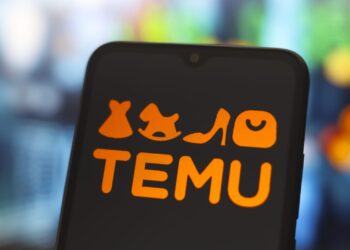A United States federal court has sentenced Abiola Femi Quadri, a 43-year-old Nigerian national residing in California, to 135 months (11 years and three months) in prison for defrauding the states of California and Nevada of over $1.3 million in pandemic-related unemployment and disability benefits.
Quadri was convicted for orchestrating a large-scale scheme that involved submitting more than 100 fraudulent applications using stolen identities during the COVID-19 pandemic.
Court documents revealed that he used part of the illicit proceeds to fund the construction of a 120-room resort hotel in Nigeria, complete with a nightclub and shopping mall.
U.S. District Judge George H. Wu handed down the sentence, ordering Quadri to pay $1,356,229 in restitution and a $35,000 fine.
According to a statement released on Thursday by Ciaran McEvoy, Public Information Officer of the U.S. Attorney’s Office for the Central District of California, Quadri, who holds Nigerian citizenship, obtained U.S. permanent residency through what he admitted was a “fake wedding”, as disclosed in messages to a woman who was not his legal spouse.
He pleaded guilty on January 2, 2025, to one count of conspiracy to commit bank fraud.
Prosecutors stated that Quadri accessed the fraudulent funds via ATM withdrawals between 2021 and his arrest in September 2024 at Los Angeles International Airport, where he was attempting to board a flight to Nigeria. Authorities reported that he transferred at least $500,000 overseas during that period.
Court filings further showed that Quadri failed to disclose his ownership of the Oyins International resort project during court-mandated financial disclosures.
Investigators also discovered 17 counterfeit checks totalling over $3.3 million on Quadri’s phone, alongside messages discussing how to cash them. Some checks were tied to shell companies registered under aliases he used.
Additionally, Quadri operated Rock of Peace, a business in Altadena, California, paid by the state to provide daycare services for children with developmental disabilities. During a search of his home, law enforcement officers found government-issued food-aid debit cards intended for children under his care.
The case was jointly investigated by the U.S. Postal Inspection Service, Homeland Security Investigations, and the California Employment Development Department’s Investigation Division.
Assistant U.S. Attorney Andrew Brown of the Major Frauds Section led the prosecution.












